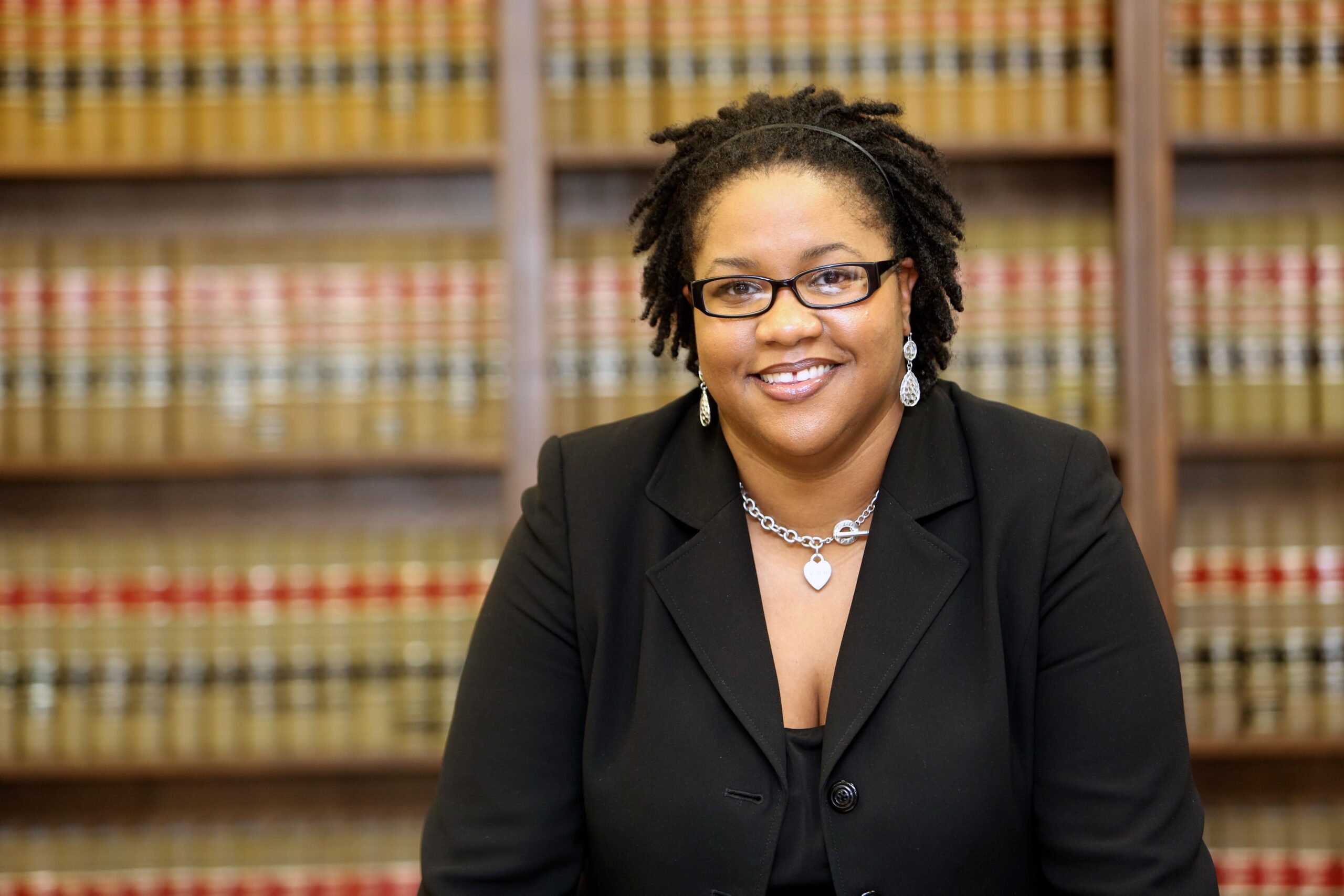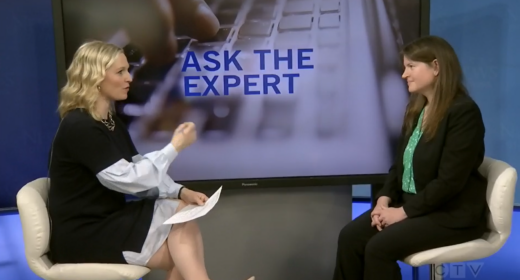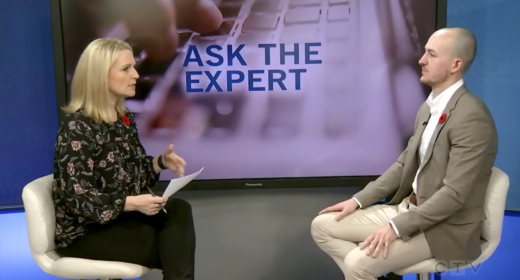Overview
In the recent decision of Westerhof v. Gee (Estate)1, the Ontario Divisional Court has provided much needed guidance with respect to the application of Rule 53.03 of the Rules of Civil Procedure (Expert Witnesses). The court held that the requirements of Rule 53.03 apply to any witness who intends to give opinion evidence at trial.
For insurers, this means that it may now be difficult (if not impossible) for tort defence counsel to adduce opinion evidence from health practitioners who assessed a plaintiff on behalf of the accident benefits insurer.
Background
In 2010, Rule 4.1 was added to the Rules which codified the duties of an expert. In addition, Rule 53.03 was amended to include specific requirements with respect to expert reports, including the requirement that all experts sign an acknowledgment of expert’s duty (Form 53).
Following these amendments, a number of conflicting decisions were rendered regarding the application of Rule 53.03, and the use of Form 53.
In Beasley v. Barrand2, counsel for the tort defendant sought to adduce opinion evidence from medical practitioners who had provided opinions to the plaintiff’s accident benefits insurer. Justice Moore held that the defendant could not call these witnesses because their reports did not comply with Rule 53.03.
In contrast, in the unreported decision of Slaght v. Phillips, Justice Turnbull distinguished between treating practitioners, and experts retained for the purpose of giving evidence at trial. Justice Turnball found that strict compliance with Rule 53.03 was not necessary in order for a treating practitioner to give evidence in terms of his/her diagnosis and treatment plan. In Kusnierz v. Economical Mutual Insurance Company3 the court drew a similar distinction between treating physicians and experts retained for the purposes of giving evidence at trial.
In McNeill v. Filthaut4, the court went even further holding that “the requirements outlined in Rule 53.03, as they relate to expert witnesses, do not apply to individuals retained by non-parties to the litigation“. As a result, the tort defendant in McNeill was permitted to call experts retained by the accident benefits insurer to give opinion evidence.
The Divisional Court’s Ruling
In Westerhof, the Ontario Divisional Court has brought the matter full circle back to Beasley. The court found that it is the nature of the evidence being proffered that determines the applicability of Rule 53.03, rather than the expert’s relationship to the plaintiff holding that:
The important distinction is not in the role or involvement of the witness, but in the type of evidence sought to be admitted. If it is opinion evidence, compliance with Rule 53.03 is required; if it is factual evidence, it is not.
The court held that treating practitioners can properly give evidence as to their observations of the plaintiff and their description of the treatment, but drew the line at such witnesses offering an opinion as to the cause of the injury, or a prognosis, absent compliance with Rule 53.03.
The court held that this applied equally to health practitioners retained by an accident benefits insurer. The court found that “there is nothing to suggest that, having been engaged to work on behalf of an insurer, an expert witness cannot subsequently be engaged to appear in court on behalf of a party to the proceeding and sign a form that confirms that fact.”
Implications
While the ruling in Westerhof provides much needed clarity in terms of the law, it comes at a price. By circumscribing the ability of the parties to adduce opinion evidence from a plaintiff’s treating physician, or health practitioners retained by the accident benefits insurer, there is a risk that parties will now resort to retaining even more third party experts who are in a position to comply with Rule 53.03.
In order for a plaintiff’s family physician to testify regarding his/her prognosis, that physician must now be retained by a party, and prepare a report in compliance with Rule 53.03. As noted by the court in Kusnierz, given that family physicians are often “passionate advocates” for their patients, it is questionable whether treating physicians are able to comply with Rule 53.03
Similarly, notwithstanding the court’s comments above, accident benefits practitioners may be reluctant to sign a Form 53. Among other things, these individuals may feel that it is a conflict of interest to subsequently be retained by a party to the tort action. Likewise, their existing reports may not contain the entirety of the information required by Rule 53.03(2.1). As such, tort defendants may now be unable to adduce opinion evidence from accident benefits assessors.
The court’s ruling may also pose problems where other individuals with an opinion are not in a position to be retained by either party. For example, where a fire marshal inspects a building which burned down, in order to admit his/her evidence regarding the cause of the fire, the court’s ruling suggests that he/she would have to be engaged by a party and complete a report in accordance with Rule 53.03. Such an individual may also have concerns (ethical or otherwise) about doing so. Once again, litigants will be forced to look to outside experts at their own expense.
12013 ONSC 2093
22010 ONSC 2095
32010 ONSC 5749
42011 ONSC 2165
For more information on Insurance Defence, contact Insurance law lawyer David Contant at 613-231-8354 or by email at david.contact@nelliganlaw.ca. Read our other articles on Insurance Defence for more information on Insurance law issues.



